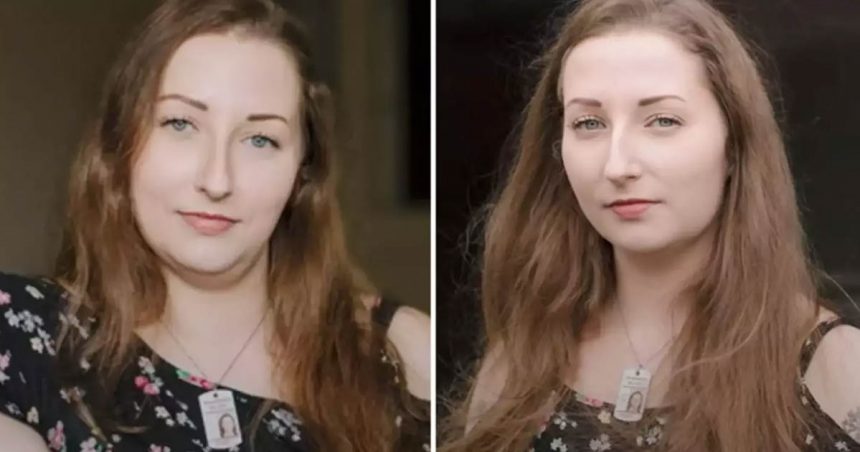A 29-year-old woman in the Netherlands has tragically passed away after being granted the right to seek euthanasia. Zoraya ter Beek, who had battled chronic depression, anxiety, trauma, and an unspecified personality disorder, made the difficult decision to end her own life on May 22 at 1:25pm. Despite undergoing various treatments, including therapy and medication, and over 30 sessions of electroconvulsive therapy (ECT), ter Beek felt that her primary issues were not being addressed. Following her final ECT session in August 2020, she applied for assisted dying in December of the same year.
Despite meeting her partner and hoping for a change, ter Beek continued to struggle with self-harm and suicidal thoughts. In the Netherlands, individuals can be granted euthanasia if they are experiencing unbearable suffering with no prospect of improvement and can demonstrate mental competence. The euthanasia process, as described by ter Beek, is lengthy and involves assessments by multiple doctors and an independent review.
Before her final moments, ter Beek expressed relief after a long battle and explained the process of being administered a sedative followed by drugs to stop her heart. Despite feeling guilt and fear for her loved ones, she never wavered in her decision. For those experiencing distressing thoughts and feelings, support resources like the Campaign Against Living Miserably (CALM) are available.
Similar cases, like that of Aurelia Brouwers and Marieke Vervoort, shed light on the complexities of euthanasia for individuals battling severe psychological or physical issues. These cases spark discussions about the ethics and personal nature of choosing to end one’s life in the face of unbearable suffering.






